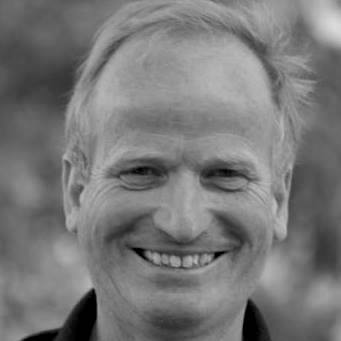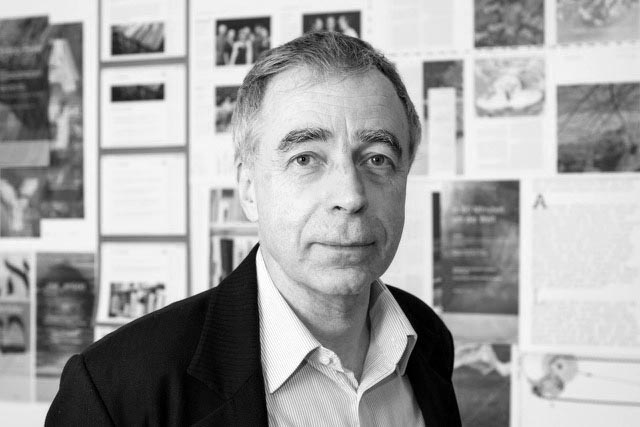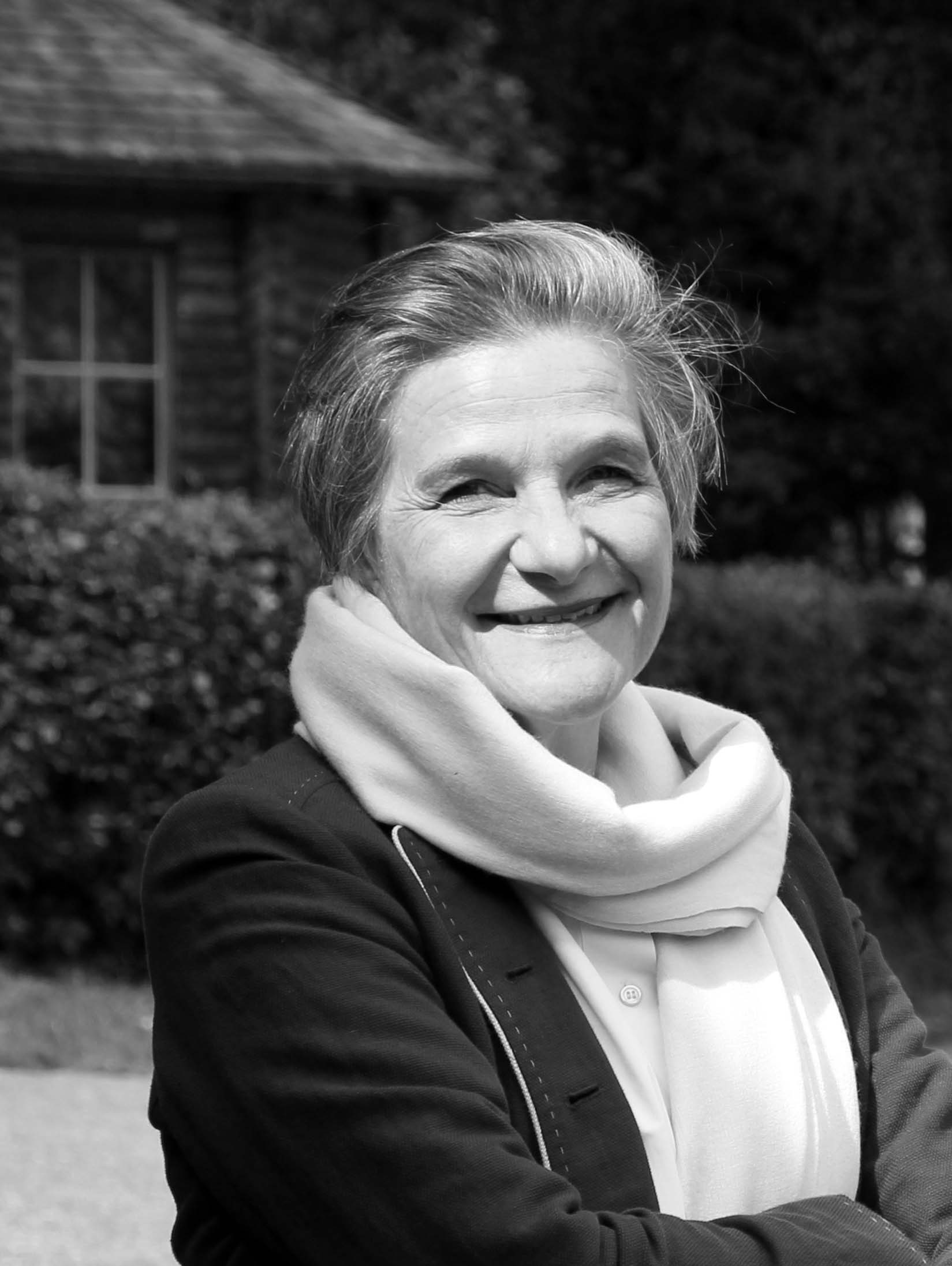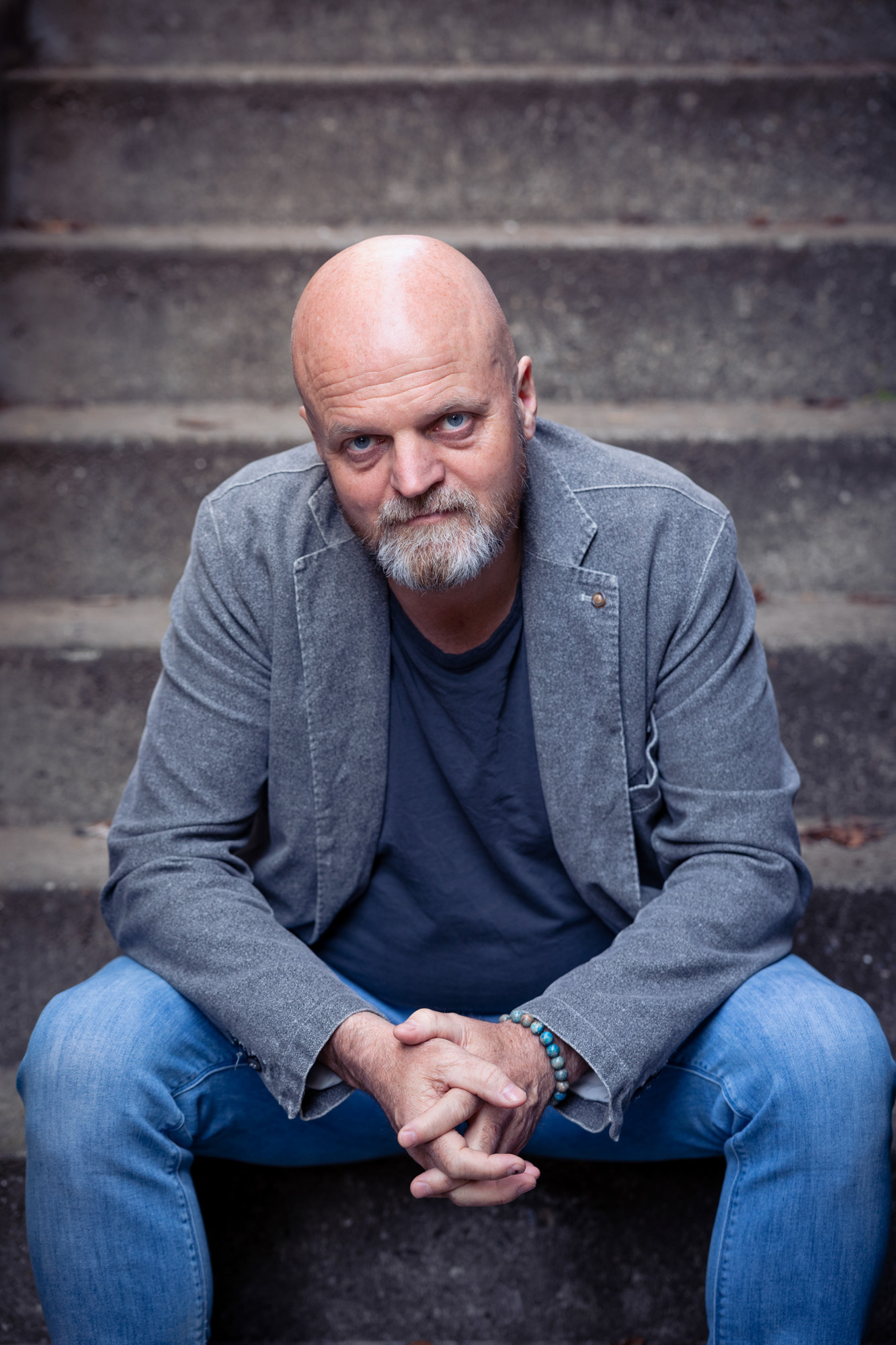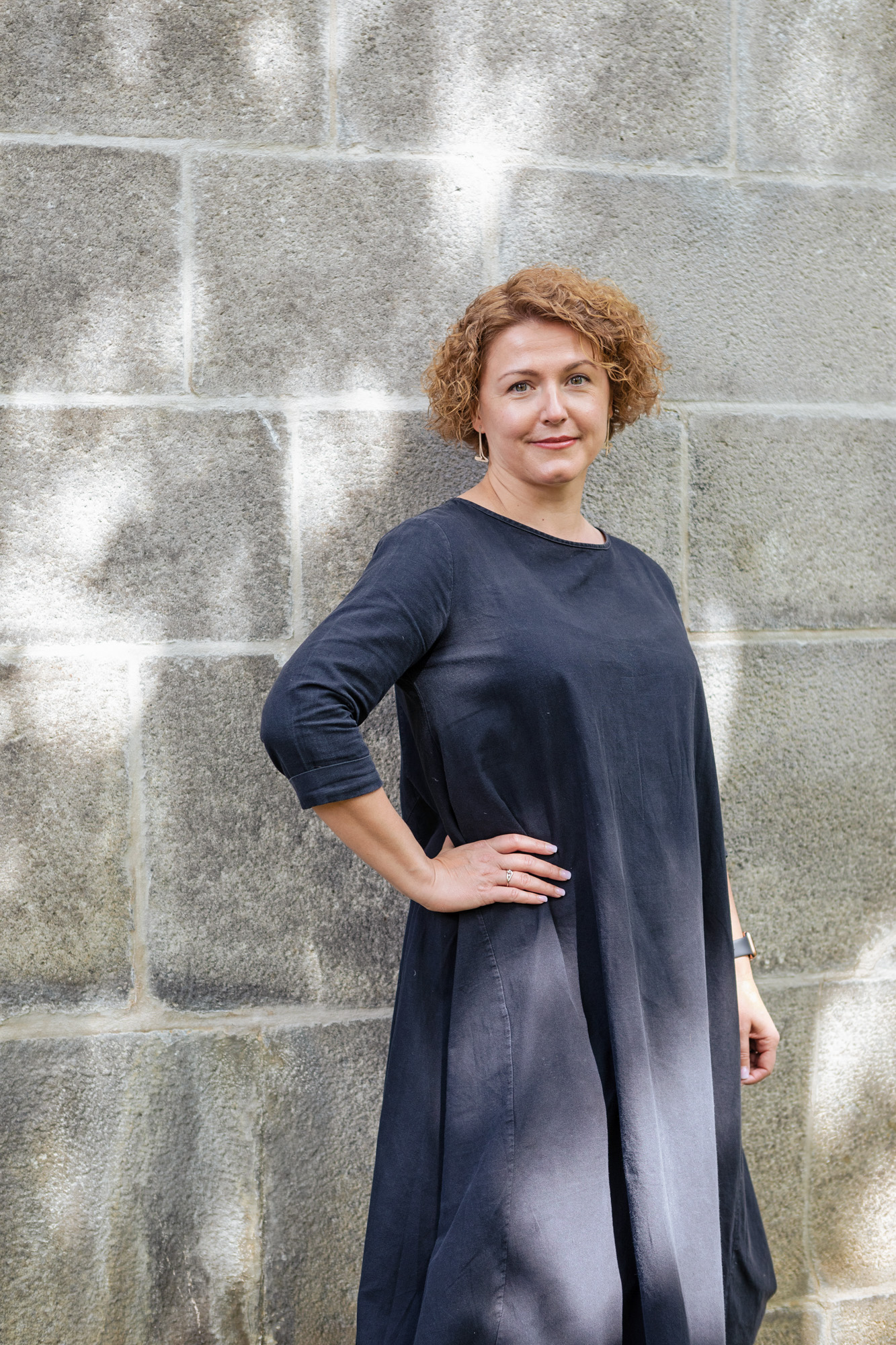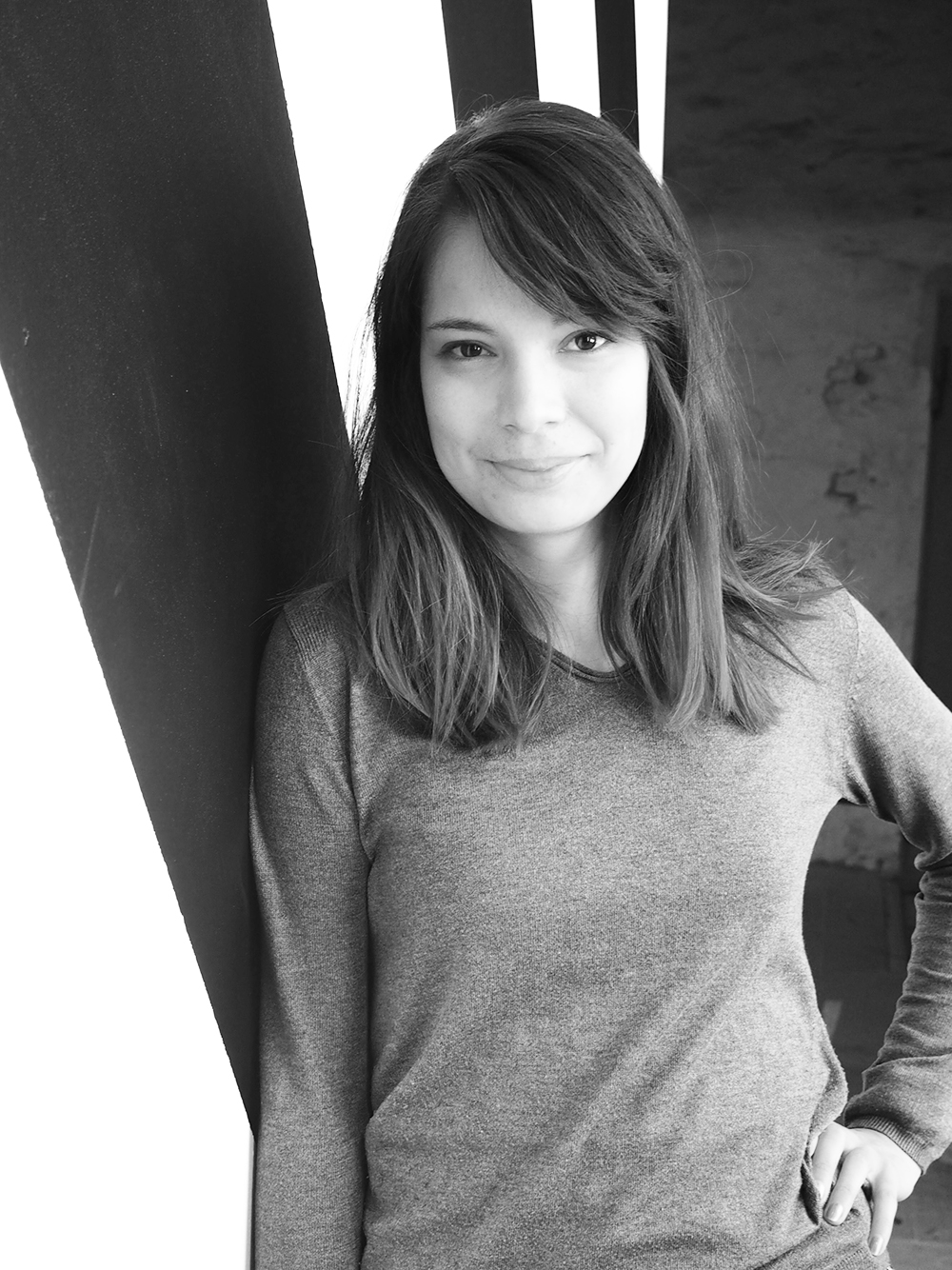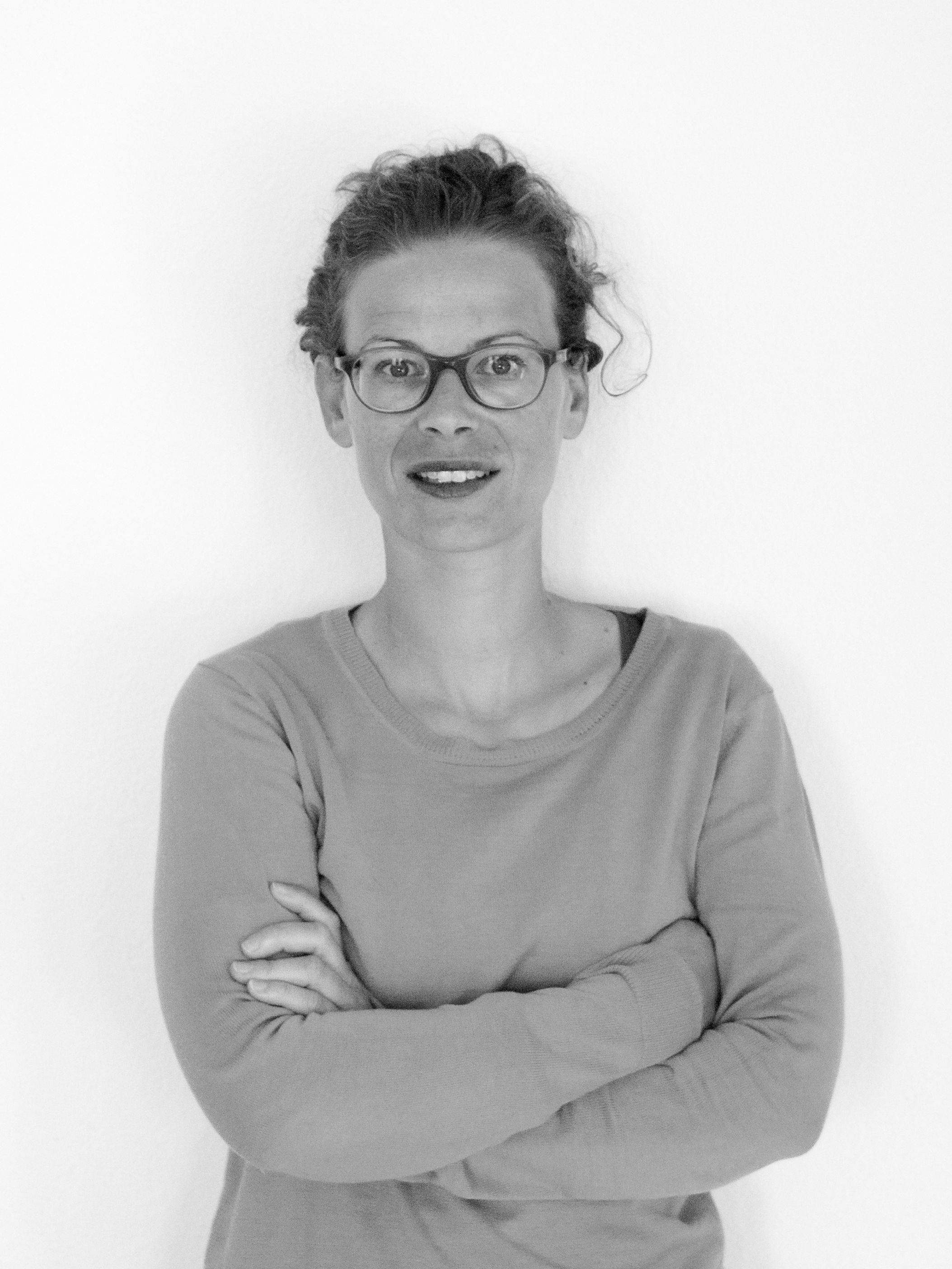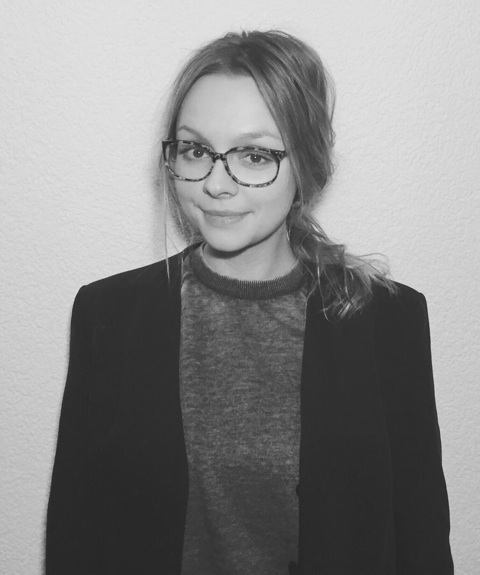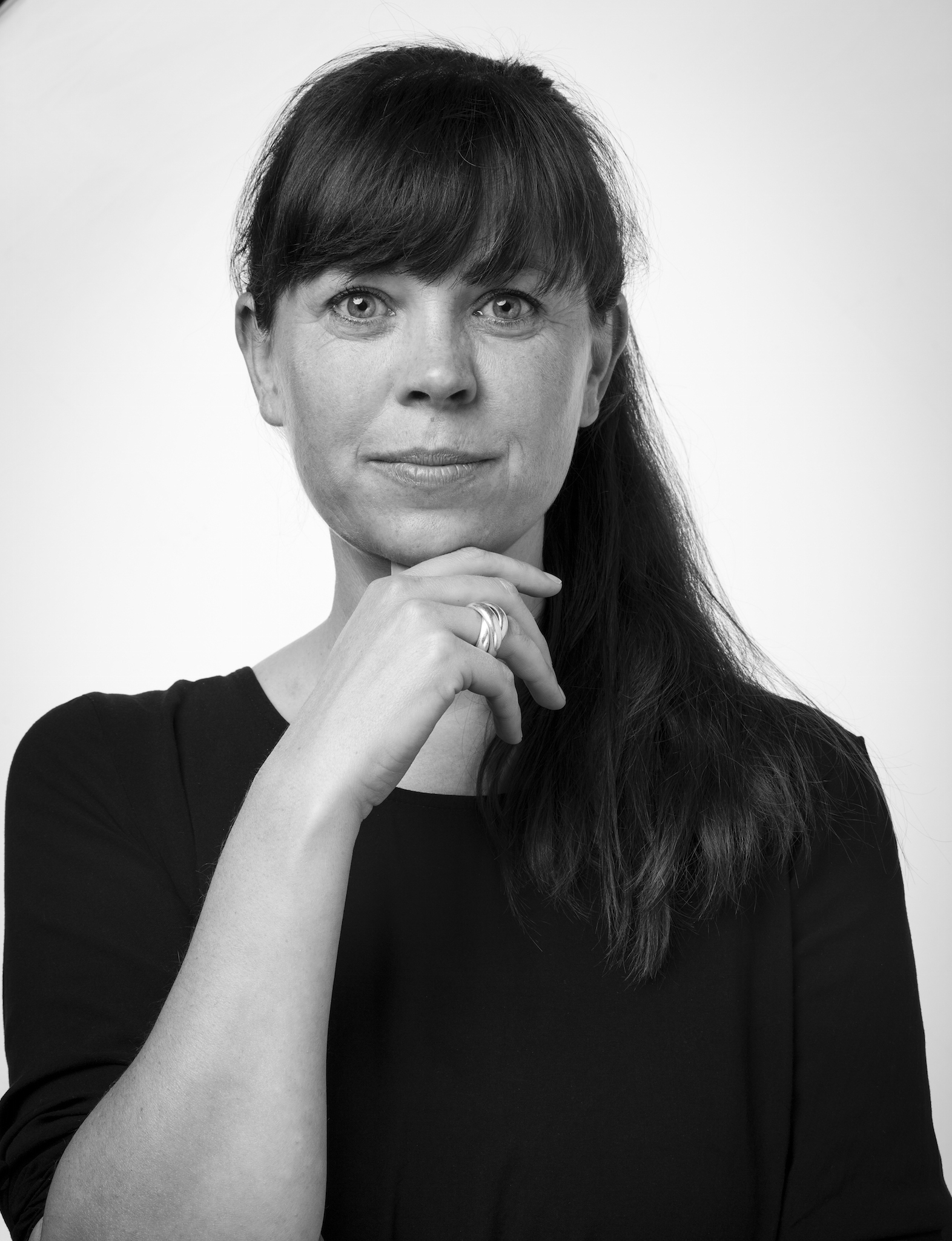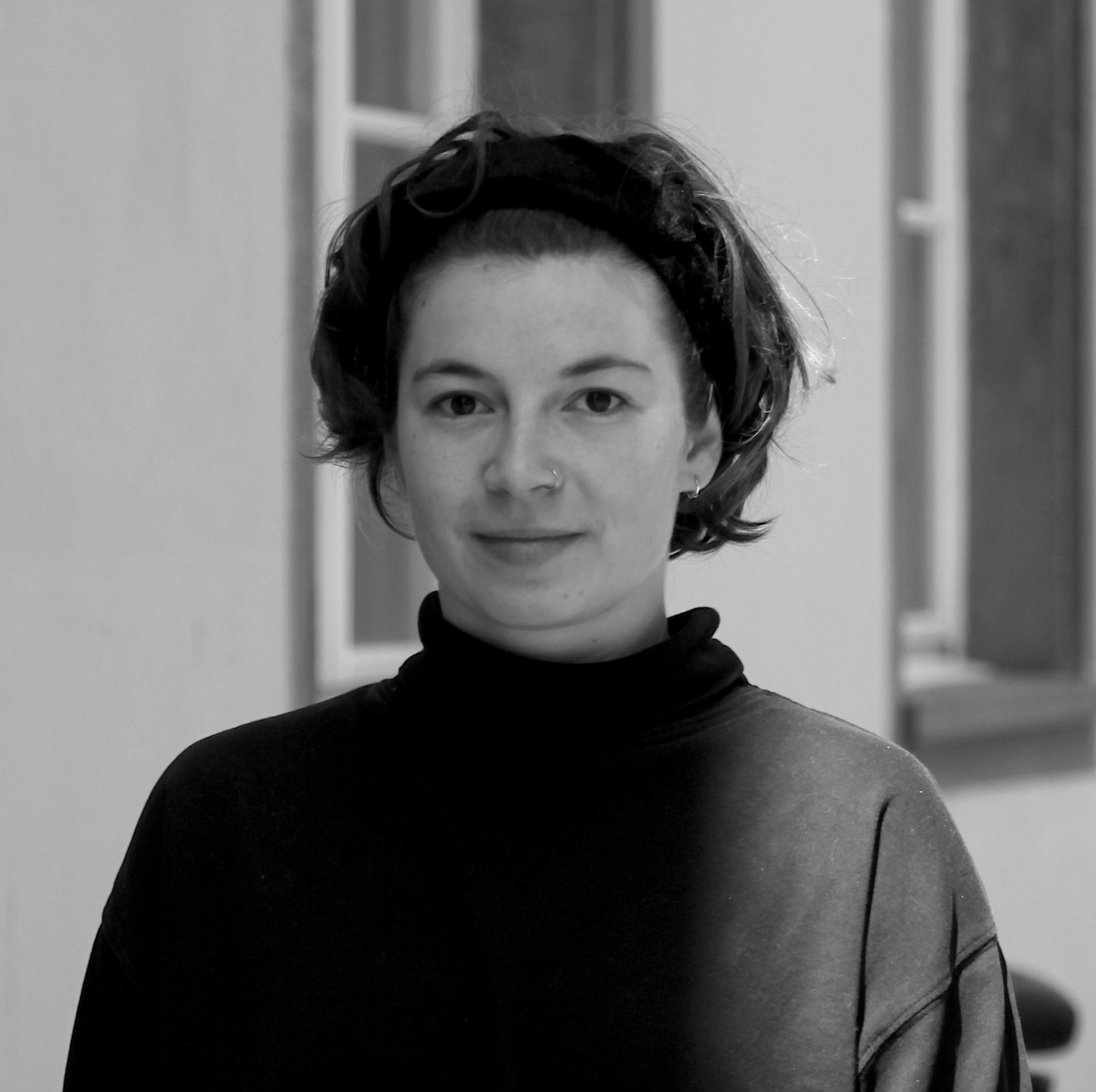1. NATURE AS THE SOURCE OF BEAUTY, INSPIRATION AND SELF-PERCEPTION
It might sound simple, but nature is a core element of Icelandic identity. Icelandic nature consists of spectacular landscapes, provides harsh living conditions (particularly in remote regions of the country), and demands the efficient handling of energy resources and food items. This experience of the landscape is also the foundation for tourism, one of the country's central sources of revenue. Iceland makes best use of its natural resources to attract investors and tourists. Nature is thus a frequent subject in the works of many artists.
2. FINANCIAL CRISIS - RESILIENCE THROUGH CULTURE
Iceland is the perfect example of a nation which has survived a major financial crisis. Being able to overcome this problem demonstrates amazing resilience. Two tendencies are visible: On the one hand, the falling support for cultural activities, which is decimating cultural productions, and, on the other hand, the incredible growth of cultural industries and cultural tourism. The artistic analysis of this type of crisis is of immeasurable value. Moreover, the democratic experiment of a collective reorganisation provides the foundation and opportunities to reflect on and discuss the constitution.
3. SOCIAL RELATIONSHIPS IN A SMALL COUNTRY
In Iceland everybody knows everyone else - there is a saying in Reykjavik that: If people in the streets were to stop and have a quick chat with everyone they know, nobody would get any work done. The countryside is vast, rugged and sparsely populated, resulting in special relationships between the people there: A place where both isolation and openness are fostered. This leads to a number of small art initiatives and institutions, which are deeply entrenched within the population, with various forms of artistic self-determination and cooperation.
4. ‹THE END OF THE WORLD› AND THE FUTURE OF THIS WORLD
Iceland is a blend of traditional and futuristic, mythical and modern. An exceptionally rich field is offered by Icelandic history and the way it is linked to contemporary national art.
Principal artists (subject to change): Soley, Anna Thorvaldsdottir, Daniel Bjarnason, Andri Snaer Magnason, Schola Cantorum, Erna Omarsdottir, Skuli Sverison, ADHD, Sunna Gunlaugg Jazztrio, Fridgeir Einarson, Gusgus, Gallerie Kling og Bang, Ragna Robertsdottir, Petur Thomsen, Egil Sjaebornsson plus many more.
